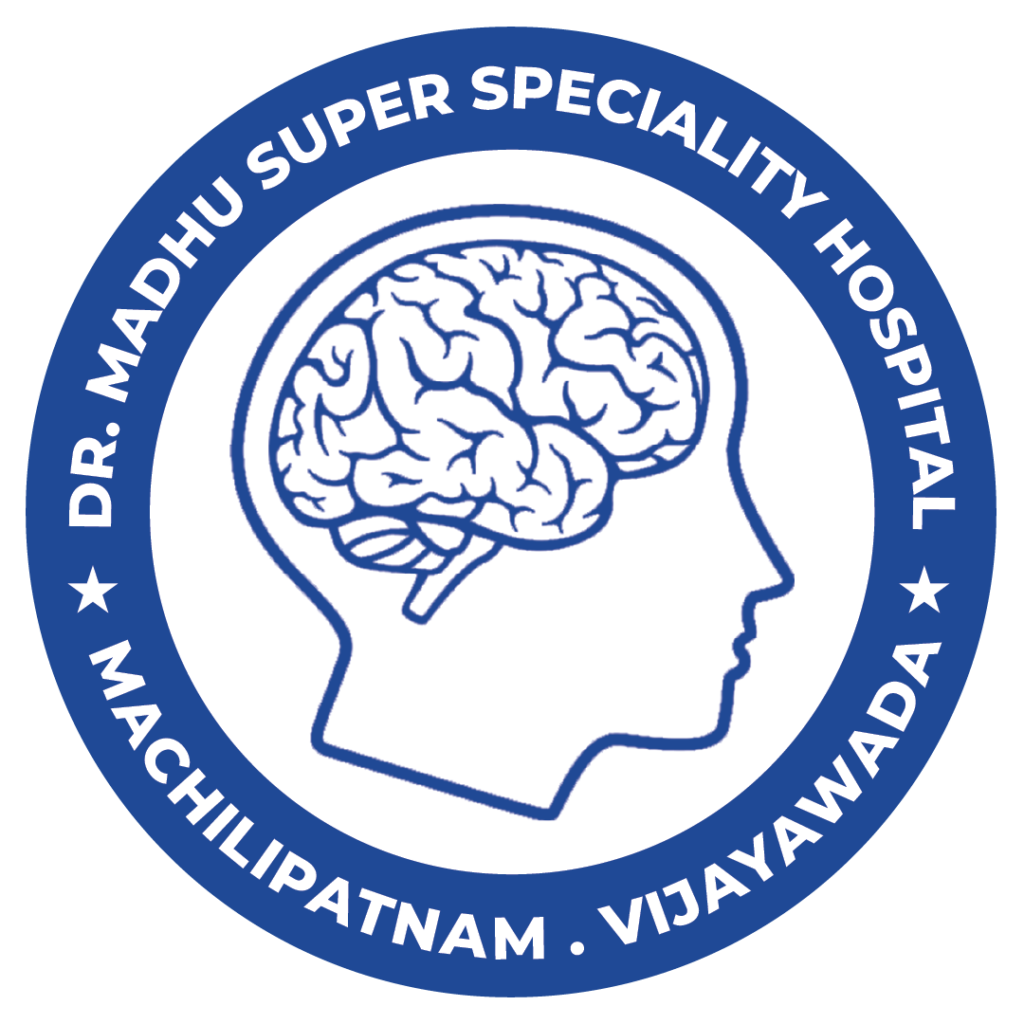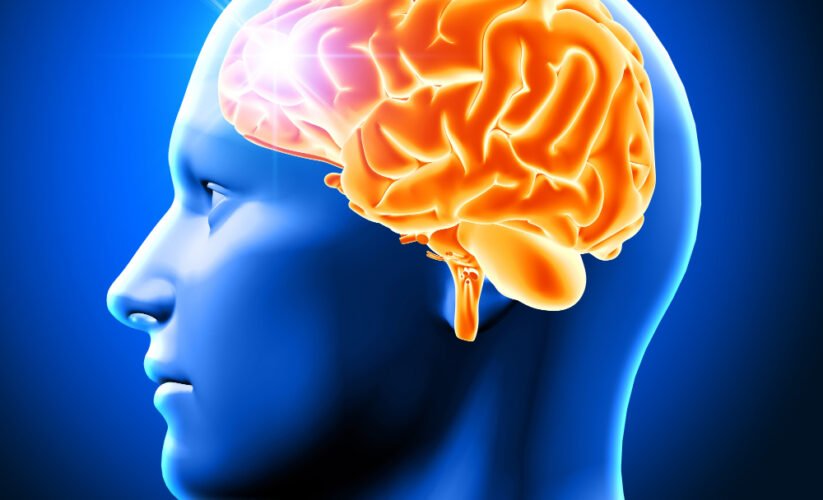How High Cholesterol Affects Your Heart and What to Do About It
By madhuneuroadmin

High cholesterol is often referred to as a silent killer because it doesn’t show symptoms until it’s too late. It’s one of the leading risk factors for heart disease, which remains the top cause of death worldwide. Understanding how high cholesterol affects your heart and what you can do about it is crucial to maintaining your cardiovascular health.
What is Cholesterol?
Cholesterol is a waxy, fat-like substance found in your blood. While your body needs cholesterol to build healthy cells, having high levels of it can increase your risk of heart disease. Cholesterol is carried through your bloodstream by lipoproteins, which come in two main types:
- Low-Density Lipoprotein (LDL): Often called “bad cholesterol,” LDL contributes to plaque buildup in your arteries.
- High-Density Lipoprotein (HDL): Known as “good cholesterol,” HDL helps remove LDL cholesterol from your arteries.
How High Cholesterol Affects Your Heart
High cholesterol, particularly high levels of LDL, can lead to the development of fatty deposits in your blood vessels. Over time, these deposits grow, making it difficult for enough blood to flow through your arteries. This can result in reduced oxygen supply to your heart and other vital organs, potentially causing heart attacks or strokes.
Key Impacts on Heart Health:
- Plaque Buildup: High levels of LDL cholesterol cause plaque to build up on the walls of arteries, leading to atherosclerosis, which narrows the arteries and restricts blood flow.
- Reduced Blood Flow: When the arteries are narrowed or blocked, the heart has to work harder to pump blood, which can lead to high blood pressure and heart disease.
- Increased Risk of Heart Attack and Stroke: If a piece of plaque breaks off, it can form a clot, blocking blood flow and causing a heart attack or stroke.
Symptoms of High Cholesterol
Most people with high cholesterol don’t experience any symptoms. The only way to know your cholesterol levels is through a blood test. It’s recommended to get your cholesterol checked regularly, especially if you have a family history of high cholesterol, heart disease, or other risk factors such as obesity or smoking.
Steps to Lower Your Cholesterol Levels
Managing your cholesterol is one of the best things you can do for your heart. Here are practical steps you can take:
- Adopt a Heart-Healthy Diet: Focus on foods low in saturated fats, trans fats, and cholesterol. Eat more fruits, vegetables, whole grains, lean proteins, and healthy fats like those found in nuts and olive oil.
- Exercise Regularly: Physical activity can help raise your HDL (good cholesterol) while lowering your LDL (bad cholesterol). Aim for at least 30 minutes of moderate exercise most days of the week.
- Maintain a Healthy Weight: Losing even a small amount of weight can help improve your cholesterol levels and reduce your risk of heart disease.
- Quit Smoking: Smoking lowers your HDL cholesterol and damages the lining of your arteries, making it easier for plaque to build up.
- Limit Alcohol Intake: Excessive alcohol can lead to high cholesterol and other heart problems. If you drink, do so in moderation—up to one drink a day for women and up to two for men.
- Take Medications if Prescribed: If lifestyle changes aren’t enough, your doctor may prescribe medications such as statins to help lower your cholesterol levels.
When to See a Doctor
Regular check-ups are crucial. If your blood test shows high cholesterol levels, your doctor will recommend lifestyle changes and possibly medication. Early intervention can prevent more severe heart problems down the road.
Our Machilipatnam branch offers outpatient services every first Sunday of the month, making it convenient for patients to access top-tier care closer to home. From heart health screenings to expert guidance on managing cholesterol, Madhu Super Specialty Hospital is here to support your journey toward a healthier heart.





